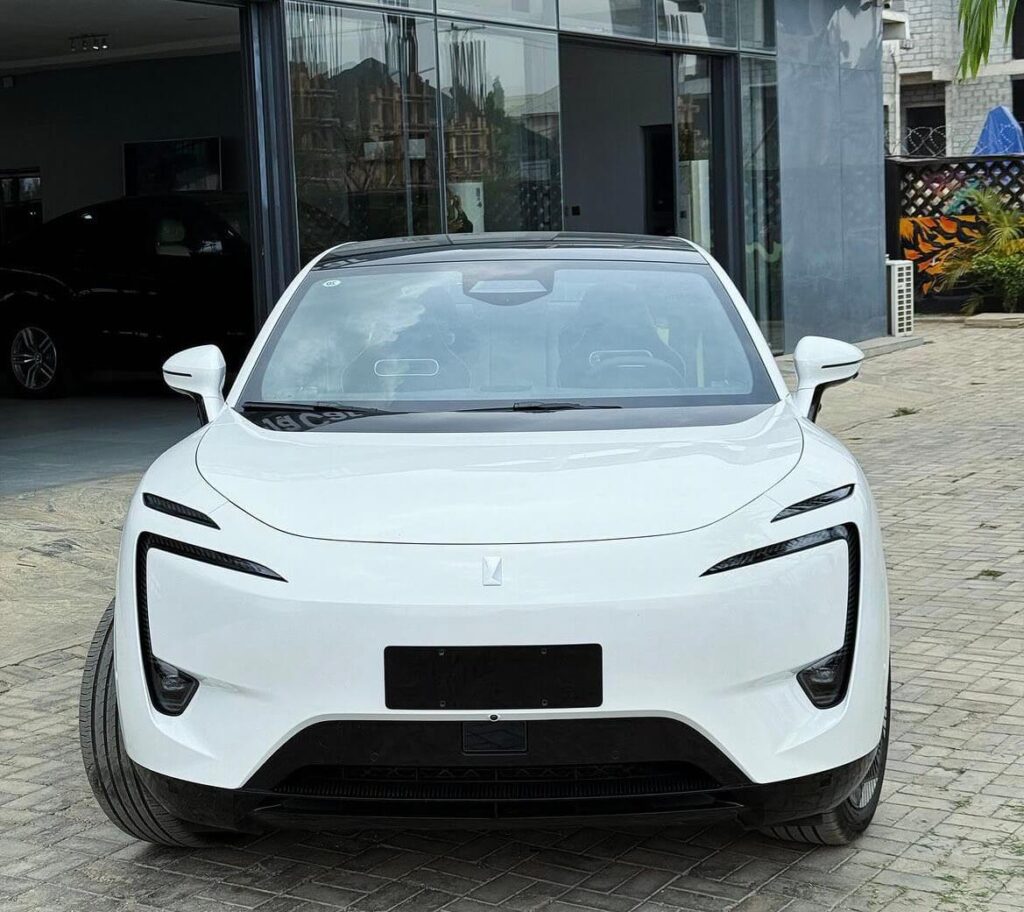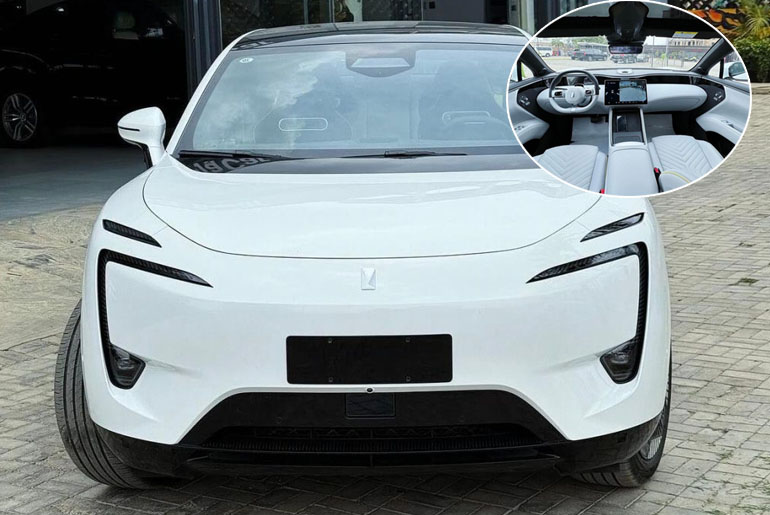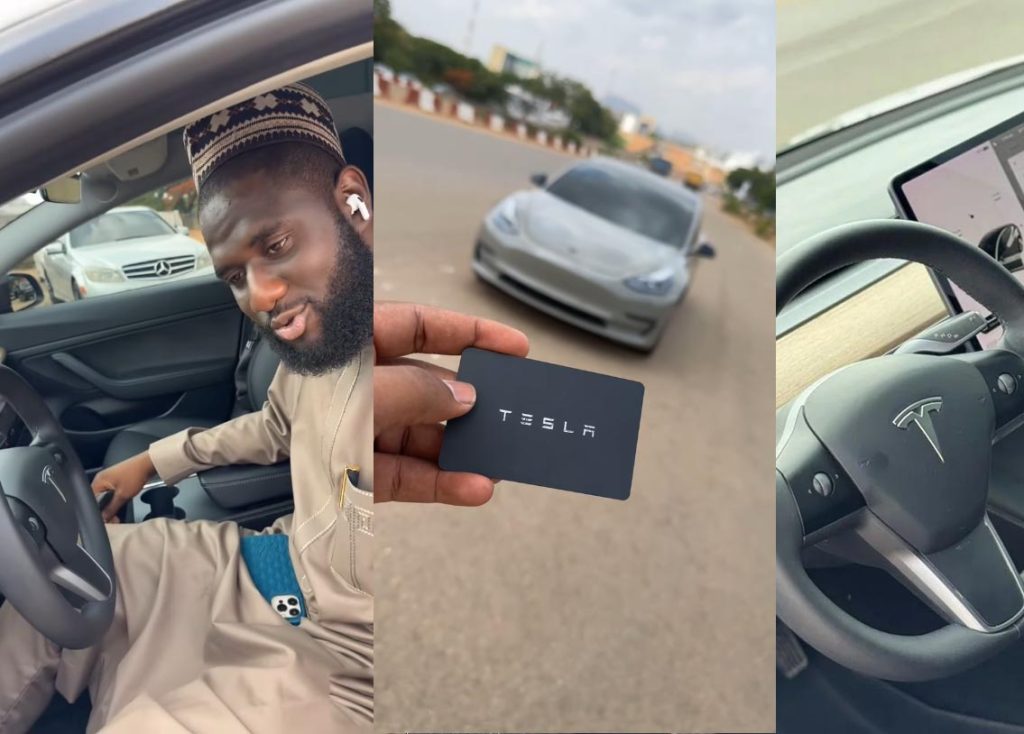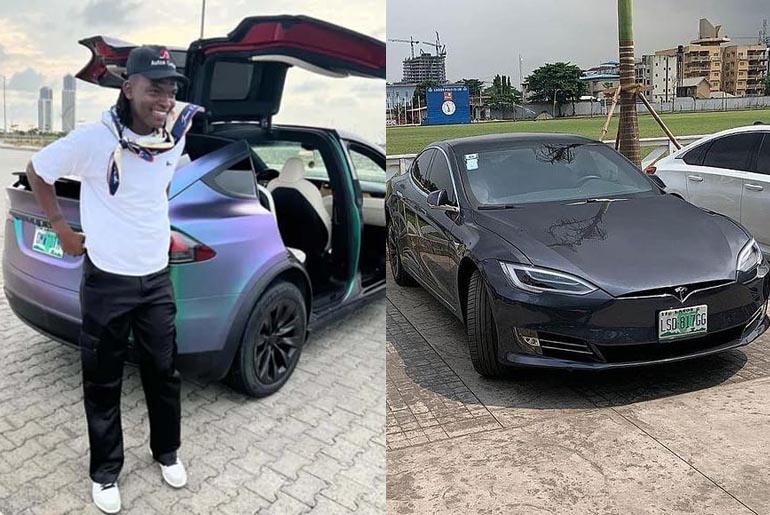Electric vehicles used to be a rare thing to see on the streets of Nigeria; we could only see them in movies. But lately, more Nigerians are embracing electric cars. We have heard of a couple of people who own a Tesla, and even recently, Davido got a full-electric Rolls Royce Spectre. Even with the price of fuel going really high, more Nigerians might embrace electric car ownership. Electric vehicles are also a more eco-friendly means of transportation as they don’t emit bad gases, which is quite common amongst normal vehicles in Nigeria, car dealer especially in Abuja are now importing more electric cars than Lagos dealers, EVs like Tesla models, Huawei Avatr 11, Mercedes Benz EQS580 2023 is already available in the country.
Table of Contents
Many countries around the world are already actively using electric vehicles, and with it slowly coming to Nigeria, do you think Nigeria is ready for electric vehicles?
This article will explore electric vehicles in Nigeria and the factors affecting their adoption.
What are electric vehicles?
Electric vehicles (EVs) are cars that run on electricity stored in batteries rather than regular fuels like petrol and diesel. They are powered by electric motors and use rechargeable batteries as their energy source. Nowadays, electric vehicles are becoming more popular worldwide. In 2022, over 10 million electric cars were sold, and their sales keep going up. In just three years, the percentage of electric cars sold compared to all cars went from 4% to 14%. China makes the most EVs, but Tesla is the most popular brand globally.
It is important to note that Nigeria already has some active electric vehicle players. They include Hyundai Kona Electric, Jet Systems Motors, GIG Logistics, Max-NG, and Phoenix. However, the market is not ready yet.
Nigeria’s electric vehicle market is growing, but not fast enough. For Nigeria to actively partake in the global electric vehicle market, the Nigerian government must partner with investors in the sector to fund infrastructure projects such as charging stations, stable power supply in charging stations, and maintenance facilities.
Factors affecting the adoption of electric vehicles in Nigeria?
1. Limited charging stations
A major challenge for electric vehicle adoption in Nigeria is the limited charging infrastructure. Having enough charging stations is crucial for convenient and accessible charging for EV owners. To make electric cars a reality in Nigeria, we need a well-built charging infrastructure, especially charging stations in different locations where these electric cars can easily reach them. Most places don’t have charging stations, so if you’re on a long trip or visiting rural areas, it could be tough to find a place to recharge if you run out of power. This could leave you stranded. Until charging stations become more common, the idea of having an electric vehicle won’t be a great one.
2. Electricity
We have a general problem of constant electricity in Nigeria. Electric vehicles can lead to an increased electricity bill if you want to charge your car at home. Without proper research into the electric vehicle you plan to buy, it could turn out to be a costly investment. Some people mock Tesla owners in Nigeria, pointing out that they might still need to rely on diesel generators to charge their cars at home, removing the purpose of owning an EV. Moreover, electric vehicles require a significant amount of charging, which can lead to higher electricity bills if you rely solely on grid power. That’s why having charging stations is currently the best option.
3. Ignorance
One big problem with electric cars in Nigeria is that not many people know about them or understand how they work. Some people might have the wrong idea about electric cars, like worrying they won’t go far enough on one charge or that the batteries won’t last long. This lack of awareness and understanding can stop people from considering electric cars. To fix this, we need to teach people about the benefits of electric cars, clear up any misunderstandings, and show how they can save money and help the environment in the long run.
4. Policies and regulations
If Nigeria wants to speed up the adoption of electric vehicles, it must implement supportive policies and regulations. This includes offering incentives like subsidies and tax breaks. Additionally, there should be regulations on emission standards, deploying charging infrastructure and importing electric vehicles.
5. Battery Recycling and Disposal
For electric vehicles to work well in Nigeria, we need a good way to recycle and dispose of batteries. This will help reduce the release of harmful gases like sulfur oxide and slow down the use of limited raw materials.
Is Nigeria ready for electric vehicles?

Despite the challenges of electric vehicle adoption in Nigeria, electric vehicles still have some sort of future in Nigeria. A lot of people, especially celebrities, are embracing it already, especially Tesla. With the government supporting the National Automotive Industry Development Plan (NAIDP) and more businesses getting interested, the electric car market is set to grow a lot in the next few years. Electric cars can help Nigeria reach its goals for a cleaner environment and less dependence on fossil fuels.
But to make this happen, we need to tackle some problems, like the cost of importing these vehicles, the lack of charging stations, and people not knowing much about electric cars. We also need to embrace the production of locally-made electric vehicles. We can speed up the adoption of electric cars by investing in more charging spots, teaching the public about their benefits, and making policies that actively support electric cars.
At the moment, Nigeria may not be ready for electric vehicles, but in a couple of years, it will be.









